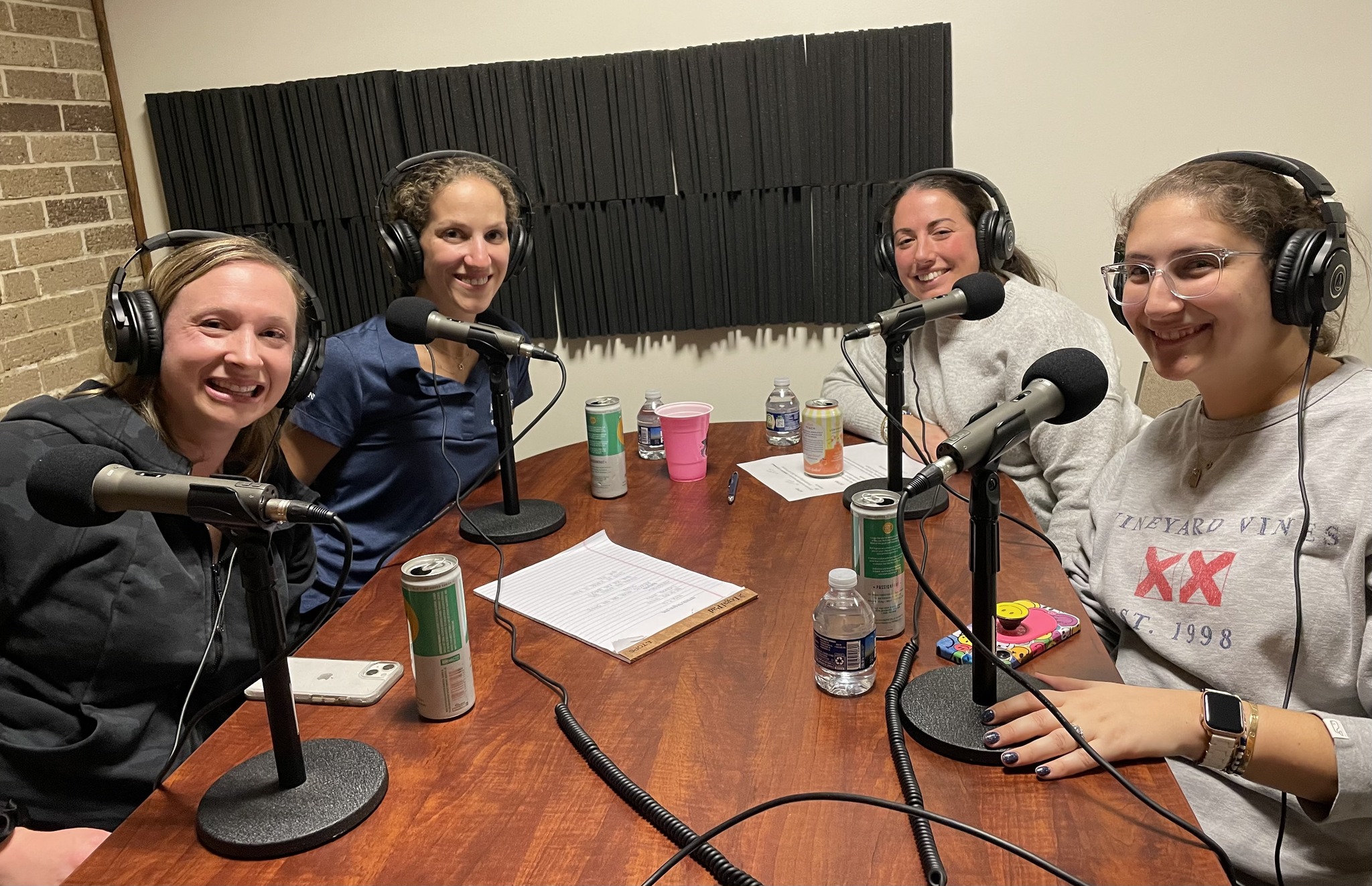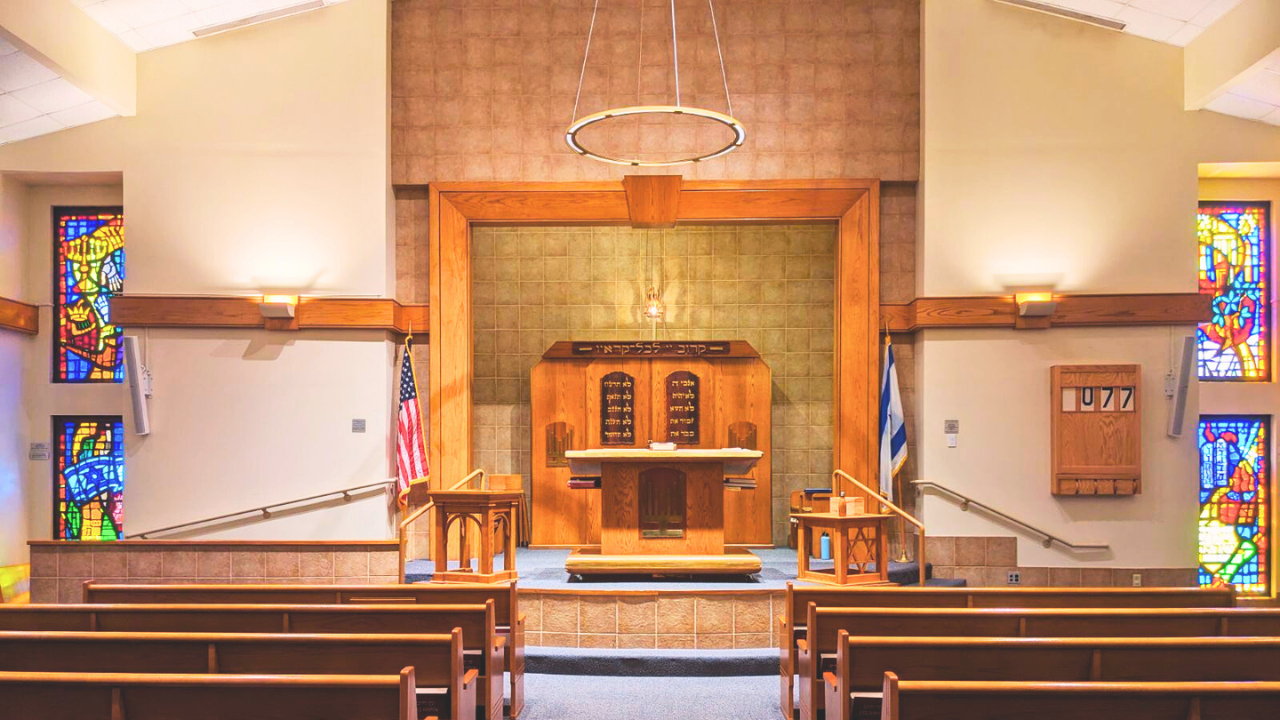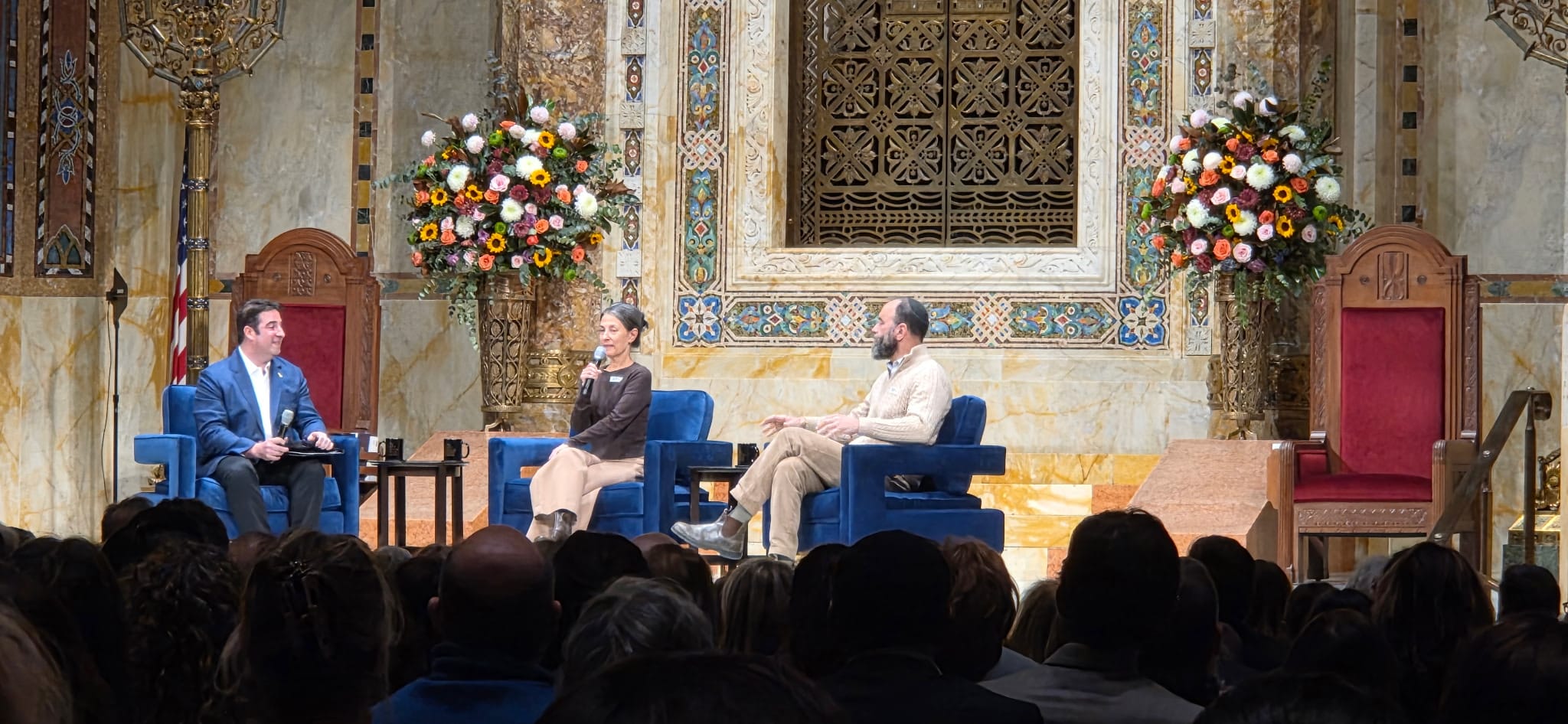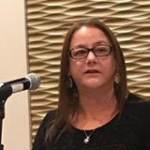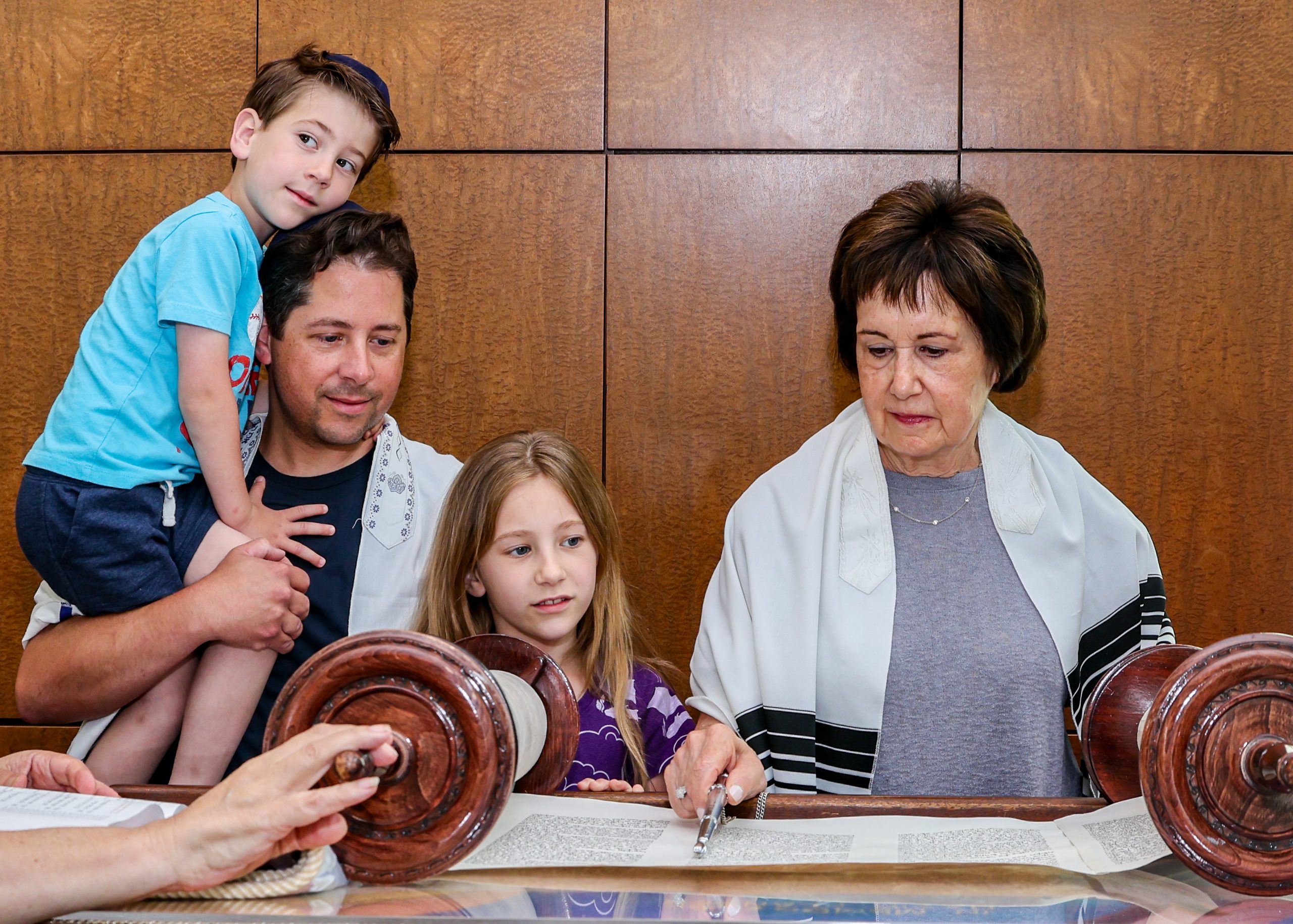
Beth Israel Congregation in Ann Arbor, Michigan, has been a congregation of firsts since its establishment in 1916. It was the first Conservative/Masorti congregation in southeast Michigan to become egalitarian and the first congregation in the country to elect a woman president. The congregation moved from the University of Michigan Hillel Building into their current location in 1978, and due to the building’s age, must now undergo an immense infrastructure restoration project. As one of the first synagogues to join USCJ’s Environmental Sustainability Chair Training cohort (formerly called the Yishuv Olam program), Beth Israel is taking this restoration as an opportunity to remake its building into a model of environmental efficiency.
USCJ’s ESC Training program is a multi-session virtual bootcamp to train lay leaders on how to lead their congregations in implementing innovative sustainability projects and creating a culture of sustainability throughout their operations.
Michael Simon, Vice President of Tikkun Olam at Beth Israel, indicated that the congregation was already engaging in environmentally conscious initiatives before he joined the ESC Training program.
“We’ve had a social action committee for many years,” he said. “Then, a number of years ago, probably 10 to 15 years ago, we developed a community garden. We donate almost all of our produce to area food banks. We took it on as part of an Ann Arbor organization called Project Grow, and we are part of the ‘Faith and Food’ group within Project Grow. We decided to have the garden live within the Social Action committee.”
Beth Israel members were inspired to promote other green congregational activities in their synagogue and community. The garden became the catalyst to change their bylaws, develop a Green Team, and create the VP of Tikkun Olam position, which was the board position responsible for the Green Team and the Social Action Committee.
Shortly after creating the task force, BIC joined the Ann Arbor District 2030 ‘houses of worship’ subgroup, pledging to cut their carbon footprint by 50% before 2030. By signing up, they received a free energy audit. Some of BIC’s other early environmental interventions included composting all food-related items (food scraps and tableware) and sending home extra food with congregants. The congregation converted all 415 light bulbs to LED, installed motion sensors in synagogue bathrooms, and converted to reusable table coverings.
“We discovered from our energy audit that much of the mechanical infrastructure was past the end of its expected lifetime use, in addition to the need for a new roof,” he recalled, “we needed a replacement of many items, so we were in the unique position to request that for an added cost, the new equipment could use the greenest technology possible.”
With the support of the synagogue leadership, the Green Team was able to convince the board to invest in a full Schematic Design of the building developed by an environmental engineering firm. The design was essentially a plan for the synagogue energy upgrades, designed by Caleb Kline, the principal of Inclination Engineering. It was a blueprint for the work that they would need to do on the building. The suggested changes evolved into their currently active “Mission Mishkan,” which is their multi-year building renovation plan. All of this developed around the same time that Michael joined the ESC Training cohort.
Michael recalled, “I was encouraged by our Executive Director, Jerry Sorokin, to join the ESC Training program, and he thought that this would be helpful for motivating us to move forward.”
The ESC training provided Michael with the knowledge to promote the activities of Mission Mishkan. These projects included installing electric heat pumps to replace the old gas-powered units, and putting in a new roof on top of which would be placed solar panels. It was also a great peer support opportunity to connect with other synagogue leaders going through the same or similar challenges his community had. He also enjoyed direct communication and support from Rabbi Nina Beth Cardin, Chairperson of the Environment/Sustainability Subcommittee of the Social Justice Commission at the Rabbinical Assembly.
Michael recalled, “Rabbi Cardin has been very available to help address Judaic questions and to promote our programs and to educate us on the pertinent Jewish concepts. Rabbi Cardin supported our locally published article highlighting the Masorti teshuvah on climate change, and helped provide direction for us to discuss that teshuvah as well as her recent book as part of our Tikun Leil Shavuot program and our Yom Kippur discussion. She’s been especially supportive in terms of helping assure that we accurately portrayed our concepts in the mold of Jewish tradition.”
Michael became more educated through the cohort about how environmentalism is tied to our Jewish heritage, something he has brought back to his own community.
“I’ve learned a lot about Jewish concepts related to the environment from being part of the program; it’s really part and parcel with our Jewish heritage and history,” he recalled, “With my new knowledge, I have been able to contribute to discussion about the environment and Judaism at our synagogue and at the Detroit Regional Adamah Summit.”
Rabbi Cardin encouraged Michael to step more fully into a leadership role within his congregation.
“I initiated a monthly meeting with the congregational Executive Director discussing our plans and wishes,” he recalled, “and Rabbi Cardin thought that was a great idea. She really reinforced how we need to have a direct connection with the synagogue board… which was emphasized in the USCJ ESC training, and motivated me to put myself out there as Vice President of Tikun Olam.”
Even a congregation already engaging in green initiatives before the cohort benefited from the educational experience and network of support.
If you see potential at your congregation for environmental sustainability projects, you can join the first meeting of the next ESC Training cohort this Sunday, October 26, and then again Sunday, November 2, both from 7-9pm ET. Learn more here.



